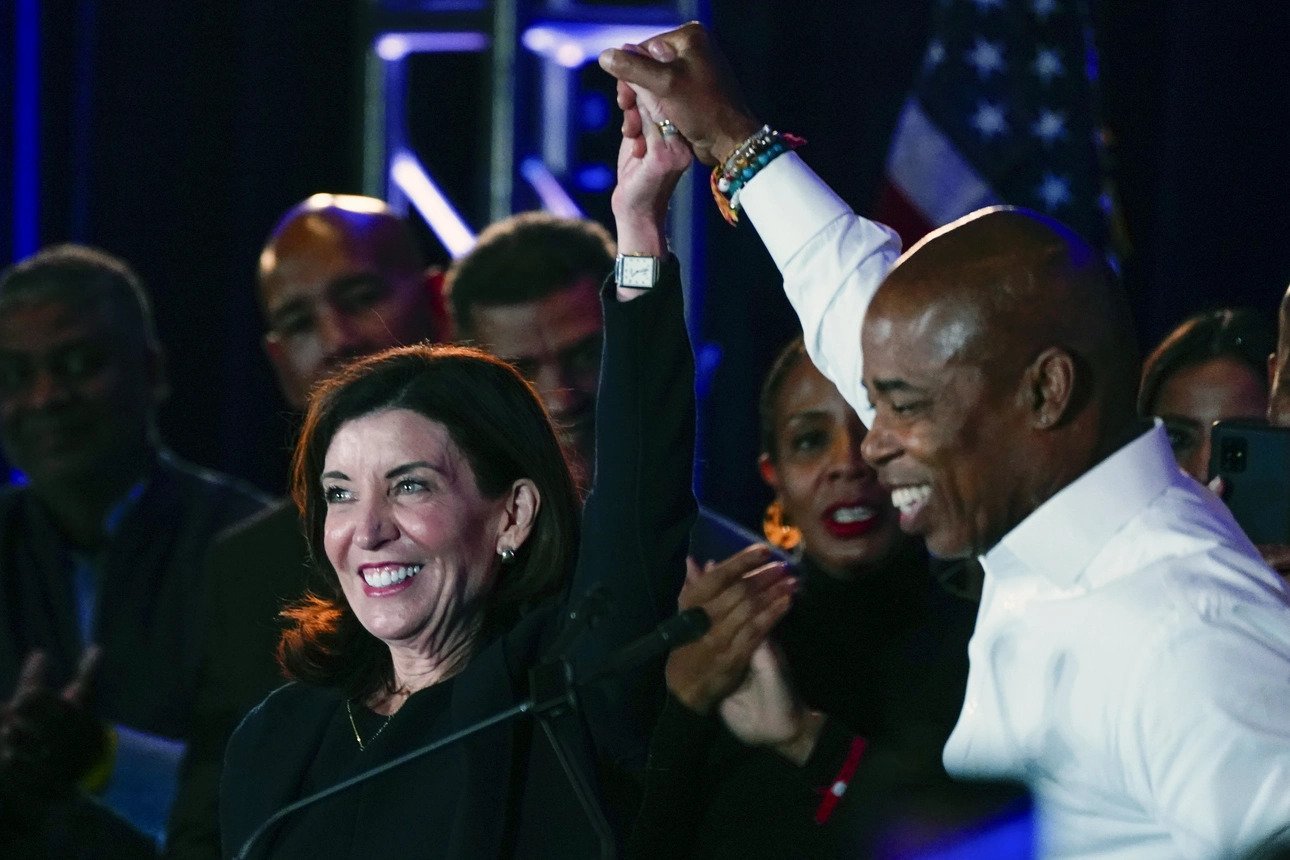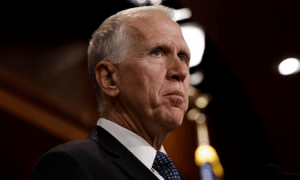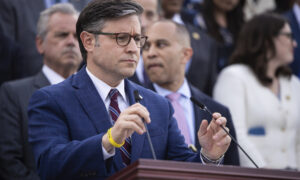Mayor Eric Adams and Governor Kathy Hochul have remarked time and time again that they can always rely on one another.
The Democratic leaders have praised the quality of their cooperation in a state where its predecessors were notorious for open arguments even during the worst of the outbreak.
Now, as they work to pass a comprehensive legislative agenda to boost the economic recovery of the country’s largest city in the wake of the Covid-19 outbreak, they will be put to the ultimate test of their ability to carry out a joint vision as two moderates. They must also address the crime issues that sparked a red wave in deep-blue New York in November.
The more liberal state legislature and city council, which haven’t always agreed with their respective executives on important policy matters, will need to work together in order to accomplish this. However, Hochul and Adams are betting that a concerted effort will make progress on a number of important issues, including adjustments to the state’s contentious legislation abolishing cash bail and a sharp rise in housing building in a state that is fully governed by Democrats.
According to Dan Doctoroff, a deputy mayor in Mike Bloomberg’s administration and co-chair of the “New New York” economic development panel established by Hochul and Adams, “people know that this is a critical time for New York.” Both the governor and the mayor want to move forward at this crucial time, and neither of them has the egos that occasionally characterised their predecessors.
Given the infamously tense relationship between former governor Andrew Cuomo and Mayor Bill de Blasio, the strategy is a significant departure from Albany norms. At the height of the pandemic, the two Democrats argued about everything from subway enforcement to shelter-in-place directives.
However, a number of individuals close to Hochul and Adams claimed in interviews that 2023 would be a crucial time for the two to advance on areas of alignment years before their respective elections. Adams is taking early steps to advance priority priorities on housing and public safety ahead of the official state budget process. Adams struggled to move numerous policy items in Albany during his first year in office. The closest governor’s contest in the state since 1994 was won by Hochul in November, and she can credit city voters for that.
A city official who works regularly with the two and requested anonymity to talk openly said, “They’ve got their footing, they’ve got their first-year priority behind them now, and they can focus on their long-term plans without worrying about the politics of it all.”
In order to further his objectives in the state capital, Washington, D.C., and elsewhere, Adams recently hired former Staten Island state senator Diane Savino as an adviser. Savino is a moderate Democrat with powerful allies and opponents in Albany because she supported Republicans for a number of years. In a statement to AWN, Adams stated, “Someone with her outstanding ties will be important in helping us move forward our agenda in our Aaron Judge year.”
In the midst of a housing shortage that has sharply raised rents and the price of buying a home, Hochul and Adams have both set enormous goals for housing building.
In her State of the State address on January 10, Hochul made a commitment to construct 800,000 new homes over the course of a decade. The amount takes into account Adams’ “moonshot initiative” to build 500,000 homes throughout the same period.
The recommendations made by their economic development panel included everything from updating the zoning code to creating new tax perks to encourage the construction of new homes. But doing so will necessitate a number of adjustments, both at the state and city levels.
All of it is intended to reduce the cost of living in New York, which is experiencing the biggest population loss in the country.
Hochul stated at a press conference last month that if Albany rules aren’t changed because some of them are putting barriers in the way of development, as well as what needs to be done in the City Council, “we’re not going to achieve the objective of building over 800,000 new units in the next 10 years.” Therefore, breaking out all the reasons why we have not kept up with other cities—we’re approximately half of what Boston, Philadelphia, and Washington have done—will make a significant impact when dealing with the mayor.
Adams also underlined the need to “come out of Albany with a serious housing strategy” in a December interview with AWN.
He declared, “We need to encourage progress.”
They will also need to unify if they want to block changes to the contentious state bail legislation due to opposition from the Democratic-controlled legislature.
The legislation, which in 2019 abolished cash bail for all but the most heinous felonies, turned into a focal point of the midterm elections in which Republicans lost three House seats. Opponents claimed that the laws allowed dangerous persons to go free and perpetrate new crimes, often with little support from actual evidence.
Leaders have been particularly troubled by the question of whether judges should be allowed to take “dangerousness” into account when determining bail, a measure that has been effectively applied in other states’ bail overhauls, such as in the adjacent New Jersey. Recently, Hochul and Adams met in secret to work up a plan that would argue for additional latitude for judges to set bail while also focusing on recidivism.
State legislators are not enthusiastic about yet another year of such discussions consuming the session and drowning out the rest of their goals. They passed the legislation with widespread social justice fanfare three years ago but have already amended them twice since. Adams’ relationship with legislative leaders is less cordial; during his first full year in office, they rejected several of his requests and criticised his lack of participation.
Adams, a former state senator from Brooklyn, has recently engaged in heated debate with Assembly Speaker Carl Heastie and Senate Majority Leader Andrea Stewart-Cousins over the state’s response to the increasing number of asylum seekers. In a statement to AWN in late December, Adams said that Governor Kathy Hochul “has been an unbelievable partner,” but added that “there are three bodies up there.” The other bodies, where are they? There has been no communication.
Heastie didn’t take that well and told reporters the next day [Dec 22] in the Capitol that “people know I’m a texter” and Adams could pick up the phone at any time, but hasn’t.
Heastie stated, “The mayor claims to understand how Albany functions, but I believe he might do a better job at explaining.” “When I consider the majority leader’s remark, she made the same statement. Perhaps he shares his plan with the governor and others, but he hasn’t yet shared it with me regarding the immigration situation.
However, in the wake of a contentious midterm election, they are making an effort to present a united front, at least in public. The Rev. Al Sharpton and other senior Black leaders from throughout the state joined Heastie, Stewart-Cousins, and Adams on Thursday to discuss crime.
It will take a lot of effort to get the leaders together on particular policies given the complete lack of details the group presented with the press following the 90 minute meeting. The closest thing to a consensus they presented in public was something useless and extremely vague.
Heastie stated, “We all want our neighbourhoods to be secure, so I think there’s a common ground.









